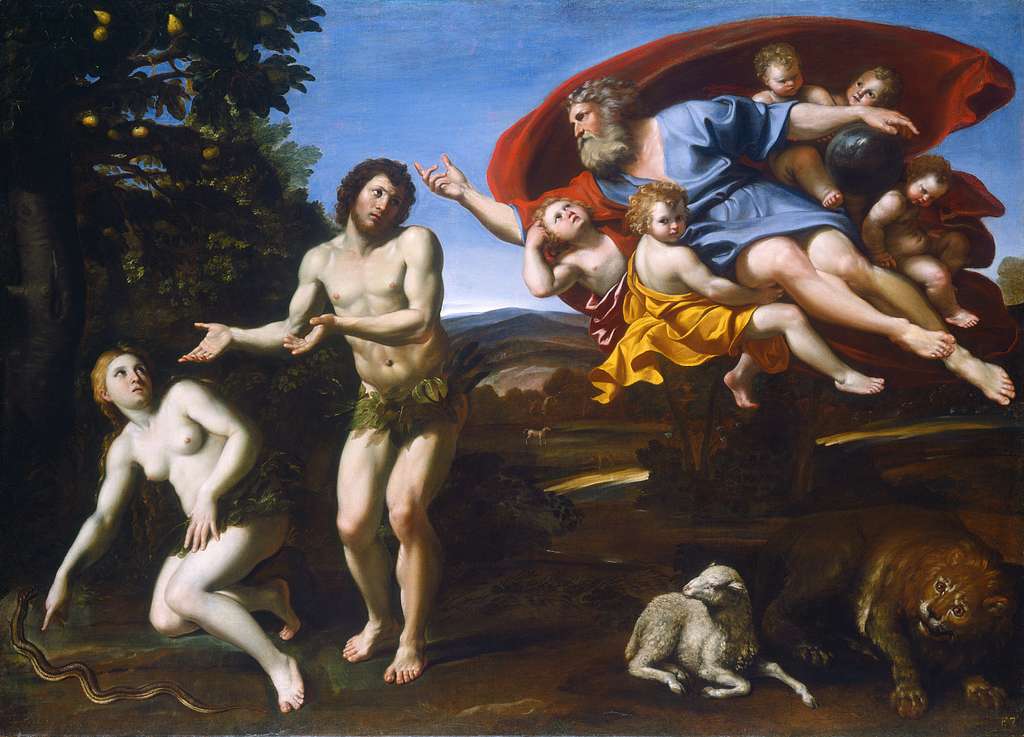
The Fall of Adam and Eve, as understood in Catholic theology, is the pivotal event in Genesis where humanity’s first parents disobeyed God, introducing original sin and altering the human condition, necessitating divine redemption.
The Fall refers to the event in Genesis 3 where Adam and Eve, the first humans, disobeyed God by eating the forbidden fruit from the Tree of Knowledge. This act of disobedience introduced sin and death into the world, as taught by the Catholic Church (CCC 390, 397).
The serpent (Satan) tempted Eve, promising wisdom and godlike status if she ate the fruit. Eve ate and gave some to Adam, who also ate, choosing self-will over obedience to God’s command, an act of pride and distrust (Genesis 3:1-6; CCC 398).
Before the Fall, Adam and Eve lived in Eden in a state of original justice and holiness, enjoying harmony with God, each other, and creation. They possessed preternatural gifts like immortality and freedom from suffering (CCC 374-376).
Original sin is the consequence of Adam and Eve’s disobedience, a hereditary state of deprivation of grace passed to all humanity. It’s not a personal act but a condition affecting human nature, inclining it toward sin (CCC 404-405).
Adam and Eve lost their original holiness, became aware of their nakedness (shame), and were expelled from Eden. They faced suffering, toil, and death, and their relationship with God was ruptured (Genesis 3:16-19; CCC 399-400).
St. Augustine saw the Fall as a willful rejection of God, introducing original sin that corrupts free will. In works like City of God, he argued it necessitated Christ’s redemption, shaping Catholic doctrine (CCC 389).
The Fall’s effects persist as concupiscence (inclination to sin), suffering, and mortality. All humans inherit original sin, requiring baptism to restore grace, though personal responsibility remains for actual sins (CCC 405, 1263).
Free will enabled Adam and Eve to choose disobedience, making the Fall a misuse of their God-given freedom. Catholic teaching holds that this choice reflects human responsibility, not divine coercion (CCC 1730, 397).
The Fall necessitated salvation, fulfilled by Christ, the “New Adam.” His obedience and sacrifice on the cross reversed the Fall’s effects, restoring grace and offering eternal life to humanity (Romans 5:12-19; CCC 411, 635).
The Fall explains the origin of sin and the human condition, underscoring the need for God’s mercy and redemption. It frames the narrative of salvation history, from creation to Christ, as a journey from loss to restoration (CCC 388-390).